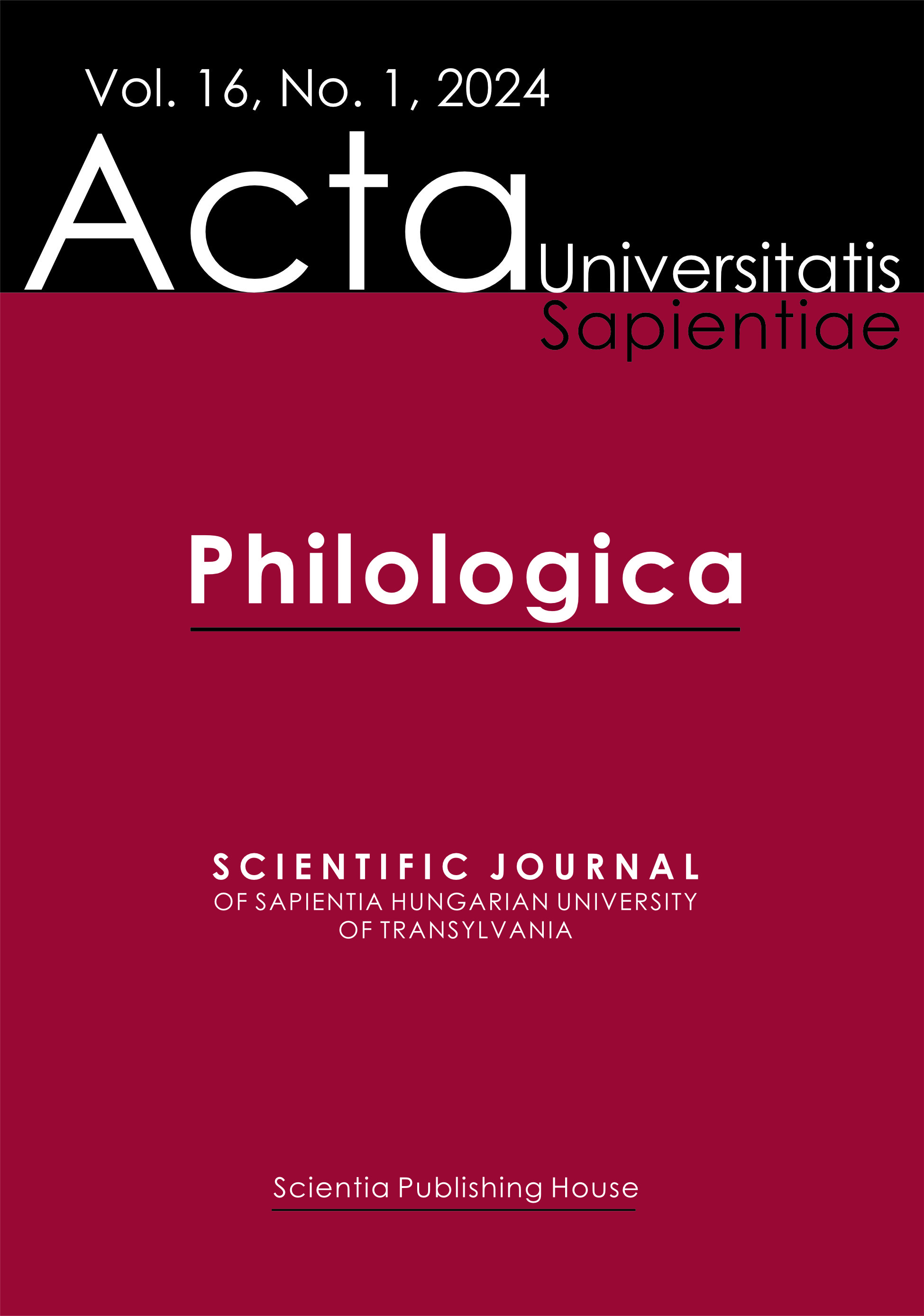J. M. Coetzee, W. G. Sebald, and Jacques Rancière. An Encounter in Time. (The Jesus Trilogy and Austerlitz)
J. M. Coetzee, W. G. Sebald, and Jacques Rancière. An Encounter in Time. (The Jesus Trilogy and Austerlitz)
Author(s): Georgiana BodeanuSubject(s): Comparative Study of Literature
Published by: Scientia Kiadó
Keywords: J. M. Coetzee; W. G. Sebald; Jacques Rancière; the Jesus trilogy; Austerlitz;
Summary/Abstract: Coetzee’s reading of Sebald is significative for his writing of the Jesus trilogy. The very thesis of the trilogy relates to the existence of a world where all references to the past are lost in oblivion, which, according to Coetzee, would have been a possible salvation for Austerlitz, Sebald’s protagonist. This paper will analyse to what extent Coetzee’s encounter with Sebald determined the conception of time that is found in the three Jesus novels. Furthermore, the two authors share the same preoccupation with the issue of time regarding “the anxiety expressed by Rainer Maria Rilke inhis letters about the duty of the artist as bearer of cultural memory” (Coetzee2008), which I would filter through Jacques Rancière’s exploration of time and temporality (The Politics of Aesthetics, 2004; The Edges of Fiction,2020; Modern Times: Temporality in Art and Politics, 2022). Finally, their conceptions of Chronos differ in relation with Topos: if Sebald’s prose is suffocated with the texture of a collage of historical materials, in Coetzee’s prose the materiality is diluted. However, in the two experimental narratives, there are certain institutions that guard over a specific rendering of time which reveals the complexity of the encounter. Moreover, Jacques Rancière is also a reader of Sebald’s prose, a fact which motivates the endeavour to explore this threefold relationship.
Journal: Acta Universitatis Sapientiae, Philologica
- Issue Year: 16/2024
- Issue No: 1
- Page Range: 17-27
- Page Count: 11
- Language: English

